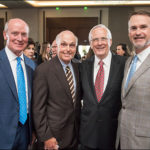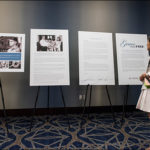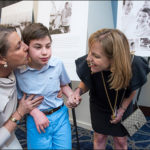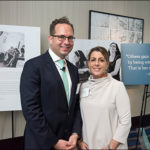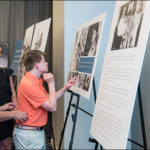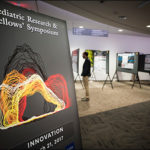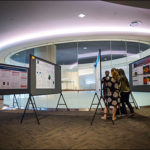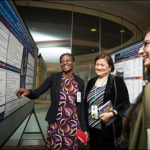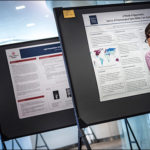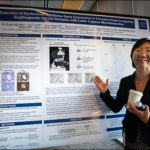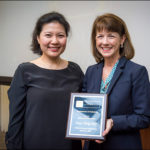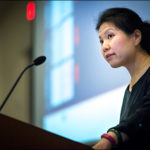 Seven surgeons in the Texas Children’s Hospital Department of Surgery received Faculty Awards for Excellence in Patient Care from Baylor College of Medicine. The awardees will be formally recognized at the Baylor Annual Education Awards Ceremony on Thursday, May 18.
Seven surgeons in the Texas Children’s Hospital Department of Surgery received Faculty Awards for Excellence in Patient Care from Baylor College of Medicine. The awardees will be formally recognized at the Baylor Annual Education Awards Ceremony on Thursday, May 18.
There are three categories of awards to recognize clinical excellence: Early Career, Star Award for mid-career faculty and Master Clinician for senior faculty members. The Early Career and Star Awards replaced the Rising Star Awards, which were given in previous years.
“I am immensely proud of the clinical expertise and accomplishments of our surgeons at Texas Children’s – including those who received recognition this year and those who will be honored in upcoming years,” said Dr. Charles D. Fraser, Jr., Texas Children’s surgeon-in-chief.
Early Career Awards
Four Texas Children’s surgeons received Early Career Awards: Dr. Carlos Mery from Congenital Heart Surgery; Dr. Laura Monson from Plastic Surgery; Dr. Bindi Naik-Mathuria from Pediatric Surgery; and Dr. Julina Ongkasuwan from Otolaryngology.
Early Career Award recipients are full-time instructors or assistant professors who spend at least 50 percent of their time engaged in patient care and have been in clinical practice as a Baylor faculty member for between two and five years.
The review committee examines applications for clinical excellence and expertise, a consistently high quality of patient care, professionalism and communication, leadership potential, the ability to work effectively with faculty, staff, students and administrators, and continuous service to the Baylor community.
Star Awards
Star Awards were given to Dr. Jeffrey Heinle from Congenital Heart Surgery, Dr. Chester Koh from Urology and Dr. Allen Milewicz from Pediatric Surgery.
Star Award recipients are full-time assistant professors, associate professors or professors engaged in patient care for at least 50 percent of their time, who have at least six years of clinical service as a Baylor faculty member. Faculty members who have transferred from other institutions and have comparable years of service are eligible for the award after three years as Baylor faculty members.
The Star Award committee bases decisions on similar criteria to the Early Career Awards adding the factors of local, regional or national reputation and clinical innovation.
“The dedication to their patients and families shines through for these Early Career and Star Award recipients,” said Dr. Larry Hollier, associate surgeon-in-chief for clinical affairs at Texas Children’s. “They set wonderful examples for their surgical teams, fellows and residents to follow.”







